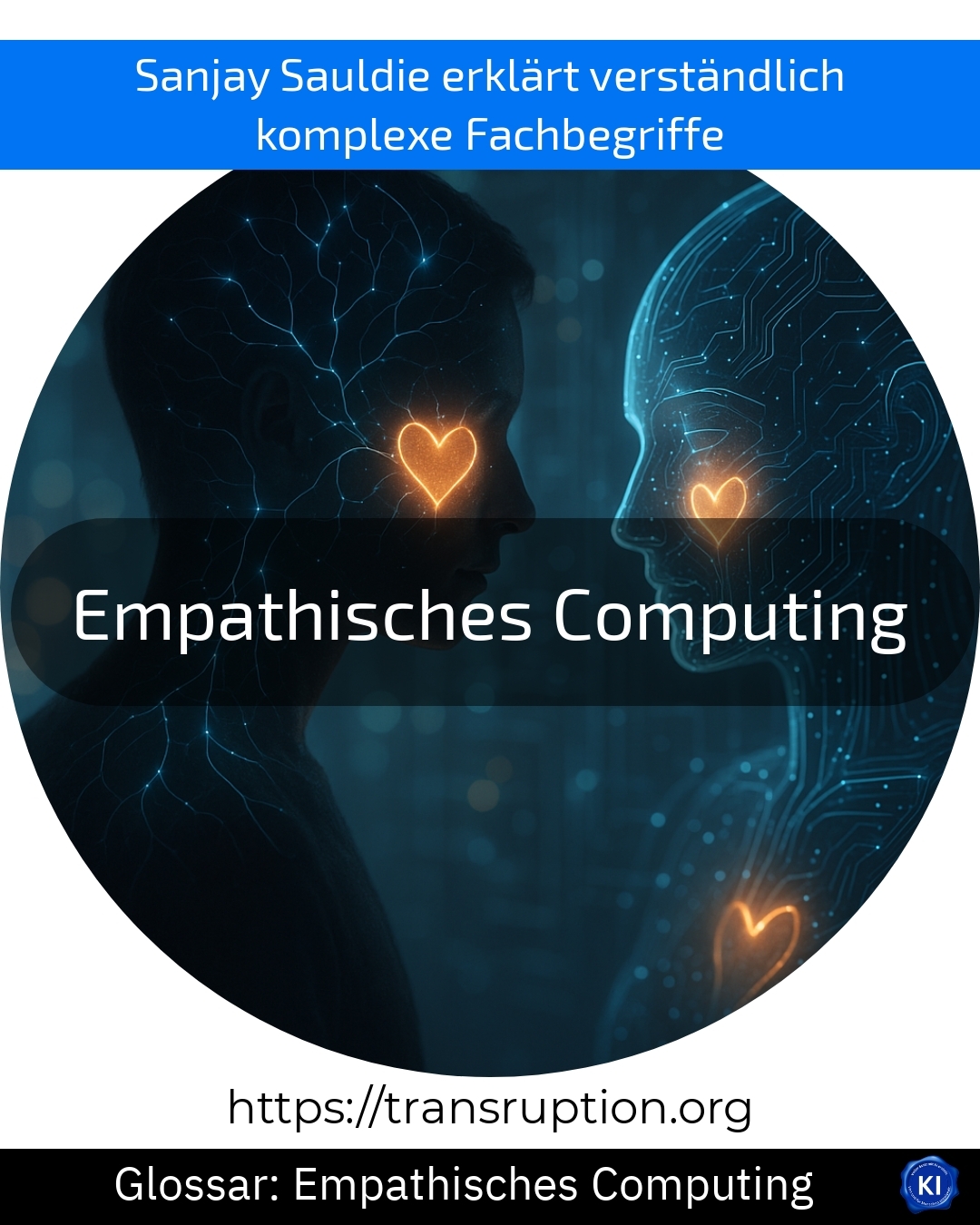Empathic computing is particularly at home in the fields of artificial intelligence, virtual and augmented reality and digital society. It means that computers and digital systems are able to recognise and respond to human feelings and moods. This allows technologies to become even more personalised and helpful.
Imagine using virtual reality glasses to take part in an online meeting. Using empathic computing, the system recognises from your voice or facial expressions, for example, whether you are stressed or relaxed. It can then make suggestions, such as taking a break or involving a colleague.
This concept helps to make digital experiences more human and promotes well-being, especially in everyday working life or when collaborating with teams from different cultures. Empathic computing is therefore not just a technical innovation, but also enables a new quality in dealing with digital applications.
In the future, empathic computing could help us to communicate more effectively, recognise conflicts more quickly and even provide targeted learning support - depending on our mood and situation.















